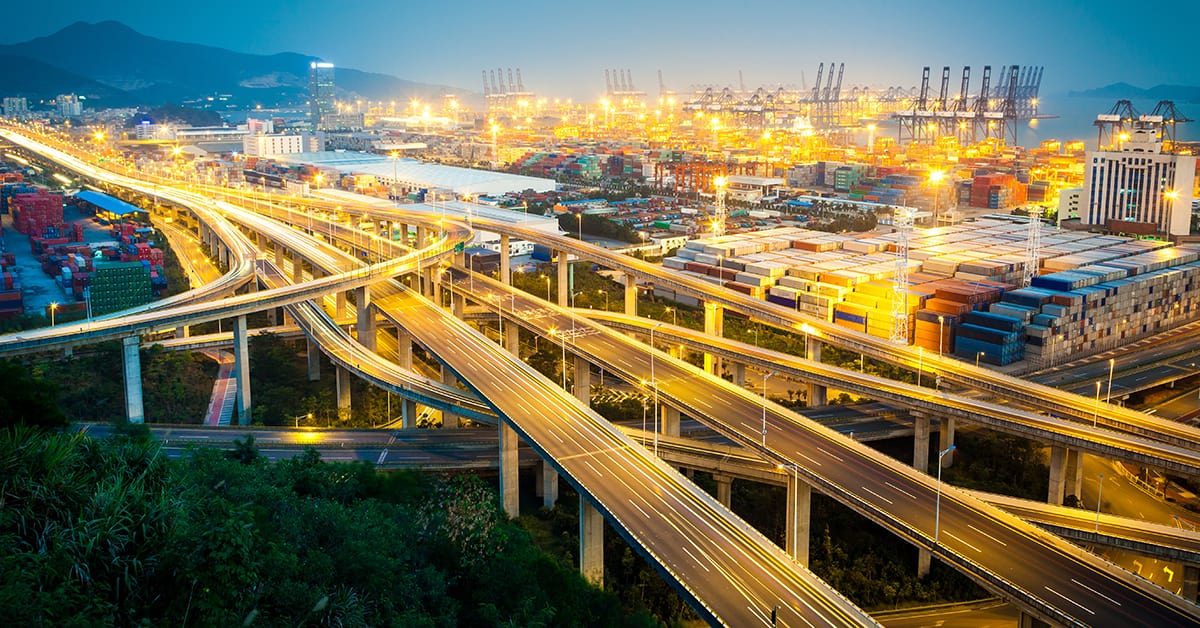Shipments of iPhones from Apple’s iPhone manufacturerare likely to be delayed as havesteel, electronics, and auto assembly products headed for India.

It was just one week of fresh lockdown in Shenzhen, but the impacts are rippling from Japan in the east to California in the west. The brief lockdown from March 13th to March 20th, brought supply chain disruptions and shipping delays to Yantian Port, which processes 90% of China’s electronics shipments.
“Shenzhen is the fourth-busiest port in the world in terms of container throughput, it is a key export hub for China,” says M Suresh Babu, a professor of economics in the department of Humanities and Social Sciences, Indian Institute of Technology Madras. “Lockdown has resulted in congestion in the port, posing a threat to shipments to the US for the summer.”
Sometimes called China’s Silicon Valley, Shenzhen is home to global giants in tech, autos, electronics and mobile phones. Telecom equipment giant Huawei Technologies is headquartered in the city, for example, along with electric car maker BYD. The sheer importance of Shenzhen when it comes to global trade means that any small disruption in the province ripples across the world. “So, a lockdown in Shenzhen affects not only the Chinese economy but also the global economic recovery,” says Babu. Exporters need to plan for even higher freight rates as well as future congestion, he adds.
In India, for example, the Chinese city’s temporary work stoppage has already impacted a range of industries, including steel, electronics and auto assembly, which depends on intermediate products from Shenzhen.
Shipments of iPhones from Apple’s iPhone manufacturer, Taiwan-based Foxconn, are likely to be delayed. Thousands of Taiwanese firms have set up shop in Shenzhen.
“The disruption in container movement will lead to higher costs of components and technology products across the world,” says Dr. Rudra Sensarma, a professor of economics at the Indian Institute of Management. However, he believes good lessons have been learned in the last two years. “Retailers have now factored in the uncertainty in supply chains and are better prepared than in previous waves of the pandemic.”



